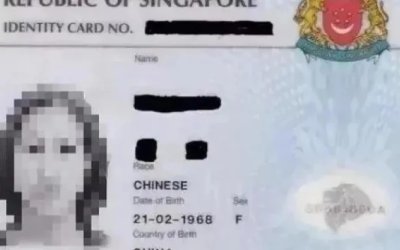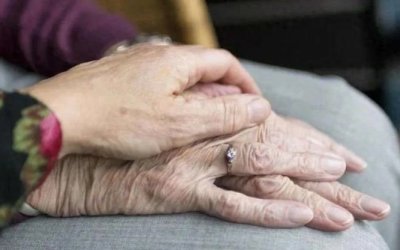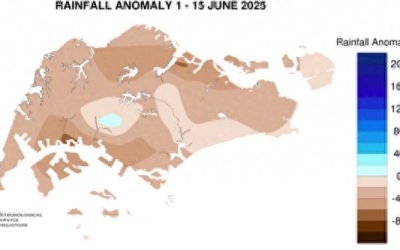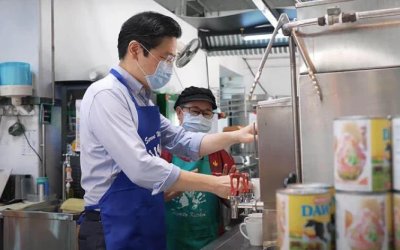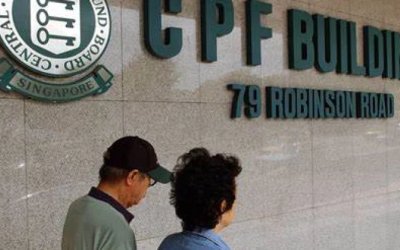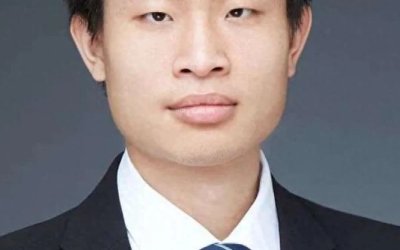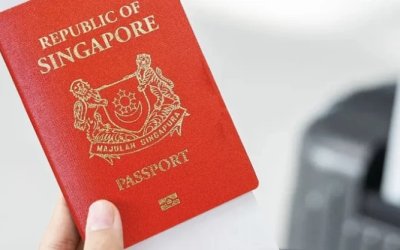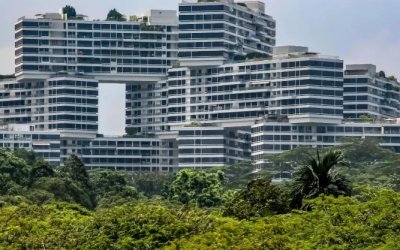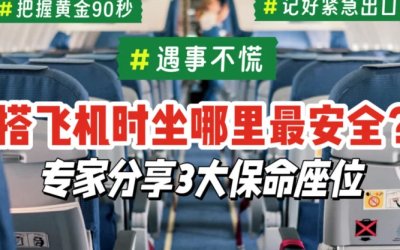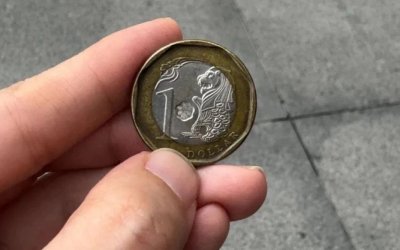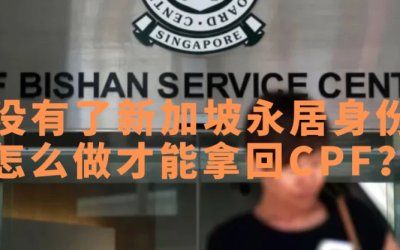新加坡内政部兼社会及家庭发展部政务部长孙雪玲回复议员关于婴幼儿早期介入计划的问题。
以下内容为新加坡眼根据国会英文资料翻译整理:
陈浍敏女士:谢谢主席先生。我想就婴幼儿早期介入计划(EIPIC),向孙雪玲国务部长作出询问。她提到如果家长的孩子有发展障碍,婴幼儿早期介入计划将为家长提供哪些培训?
其次,是关于能力建设的问题。据我所知,目前,有发展障碍的儿童在婴幼儿早期介入计划中心注册的等待时间,可能长达几个月,这有点讽刺,因为以他们的情况,应该越早干预越好。那么,教育部是否会考虑通过从国外吸引人才和训练有素的专业人员,来加强应对能力,然后在未来三到五年内进行本地人才建设,以确保婴幼儿早期介入计划服务速度更快?
孙雪玲女士:我感谢这位议员的提问。首先,是的,我曾经提到过,我们将推出“婴幼儿早期介入计划—照护培训(EIPIC-Care)“试点项目,这是一项针对2到3岁有发展障碍儿童的护理培训计划。我们之所以要这样做,是因为国际研究表明,父母是孩子的早期教育者,是孩子生活中的早期榜样,他们最有效的对孩子的社交和情感技能进行干预。而这一切,都可以在家里进行。这项计划为期六个月,看护者将通过小组工作坊和个别辅导课程,向专业人士学习如何在家中支持孩子的发展。
关于她提出的第二个问题,我曾与她分享过,我们将通过增加1200个名额,推出更多的“婴幼儿早期介入计划”名额。这已经比2022年增加了26%。而在2024年,我们将再推出四个早期干预中心,增加1500个名额。这些数字并不小。
如果从百分比的角度来看,我们正在扩大政府资助的儿童服务名额,将需要中高水平早期干预的儿童覆蓋率从60%提高到80%。因此,从百分比的角度考虑,这已经是一个非常大的增长。
显然,这意味着我们必须引进更多的专业人员。但我们也非常清楚,这些专业人才显然必须接受过充分的培训,他们还必须了解我们的社会规范。非常重要的是,他们必须能够与我们的家长合作,与这些发展障碍儿童的家长合作。
因此,在一些专业性较强的地方,例如,可以是言语治疗,也可以是游戏治疗。在可能的情况下,我们会考虑引进国际工作人员,以应对和提供帮助。我们希望在新加坡保留一批核心教育工作者,而且我们肯定会培训更多这样的教育工作者,因为重要的是,我们能够通过在新加坡接受过培训并得到新加坡家长信任的教育工作者,来照顾这些有发展障碍的儿童。
严燕松先生:我很高兴听到新加坡社会及家庭发展部计划将托儿服务专业化,并提供资助。
那么,我想请问孙雪玲部长,这将对现有的非专业托儿所产生什么影响?我有一些可以照看邻居的婴儿和孩子选择,这些人通常是年龄较大的妇女,她们的教育程度不高,可能不准备正式受雇于托儿所。因此,她们可能难以完成正规课程和笔试。那么,这些非专业的儿童保育员和使用他们服务的家长,将如何利用新加坡社会及家庭发展部在该计划下提供的补贴呢?
孙雪玲女士:我感谢这位议员的提问。我们的目的是为家长提供更多选择,也就是说,如果社区里的保育员或幼儿保姆与家长之间已有安排,我们不会去改变这种安排。非专业的安排可以继续。
但是,由于我们正在开展试点工作,而且在开展试点工作时,我们确实希望试点工作的结果能够指导我们将其作为一项长期计划。因此,我们必须确保其参数是可持续的,因此,我们需要制定某些标准。
因此,我想说的是:在你提到的情况下,如果他们对这种安排感到满意,而且这种安排一直在进行,是父母和幼儿保育员之间长期以来一直在做的事情,他们就可以继续进行现在的安排。但是,如果他们希望能够成为试点的一部分,以便家长能够利用政府提供的补贴,那么我们就会要求保育员遵守我之前分享的标准。这也是为了让新加坡社会及家庭发展部负责试点工作,然后我们知道哪些参数可以使试点工作顺利进行。

以下是英文质询内容:
Ms Carrie Tan: Thank you, Mr Chairman. I would like to address my clarification to Minister of State Xueling regarding the EIPIC programme. To clarify whether I heard correctly that, she mentioned there will be some training provided for parents under the EIPIC programme if they have children with advanced or high developmental needs? Could she elaborate more on what this is?
And secondly, the point on capacity building, because I understand that right now the waiting time for children with high needs to be enrolled into an EIPIC centre can be several months and it is a bit ironic because we are looking at early intervention in a very critical few years in their lives. So, will the Ministry be looking into shoring up in immediate-term manpower in this sector by, perhaps, attracting talents and well-trained professionals from abroad to shore up our local capacity and then to look into capability building in the next three to five years to quickly tap on local talents to make sure that the EIPIC provisions and services can be ramped up in an accelerated manner?
Ms Sun Xueling: I thank the Member for her questions. Firstly, yes, I had mentioned that we will be introducing an EIPIC-Care pilot and that this is a training programme for caregivers of two to three-year-olds with developmental needs. And the reason why we want to do so is that the international studies have shown that parents, they are the early educators, early role models in their children's lives and they are in the best position to embed intervention related to social, emotional skills. And this happens, this can happen at home. So that is the intent. This will be a six-month programme and the caregivers will be learning from professionals through group workshops and individual coaching sessions on how to support their child's development at home.
On her second question, I had shared that we are launching more places when it comes to EIPIC, by increasing our capacity by 1,200 places. This was in 2023 and this was already a 26% increase from 2022. And in 2024, we will launch four more early intervention centres and increase our capacity by 1,500 places. These numbers are not small.
And if you look at it in terms of percentage, we are expanding our Government-funded places to serve the children from 60% of children who require medium to high levels of early intervention moving from 60% coverage to 80% coverage. So just think about it in terms of percentage terms, this is already a very, very large increase.
And what that means, obviously, is that we have to bring in more professionals into the space; but we are also extremely mindful that these professionals will obviously have to be adequately-trained and they would also have to be aware of the norms that we have in our society. And very importantly, to be able to work with our parents; the parents of these children with developmental needs.
So, where there are specific specialisations, for instance, it could be speech therapy, could be play therapy. Where possible, we would look at bringing in international staff to cope with and to be helpful. But I think we would like to keep a core group of educators in Singapore and we will definitely be training more of these educators because it is important that we are able to take care of these children with developmental needs, with educators who are trained in Singapore and who are trusted by our parents here in Singapore.
The Chairman: I know Mr Giam you have raised your hands several times. I had given priority to those who have filed cuts first. You can have the floor now.
Mr Gerald Giam Yean Song: Thank you, Sir. I did file a cut on this. I am very glad to hear that MSF is planning to professionalise and subsidise childminding services.
So, my question for Minister of State Sun is, can I ask how this will affect existing informal childminders? I have residents who look after their neighbours' infants and kids after school and these are usually older women who are not highly educated and may not be prepared to be formally employed by childminding operators. So, they may have difficulties completing formal courses and passing written tests. So how will these informal childminders and the parents who engage their services, be able to tap on the subsidies that MSF is offering under this programme?
Ms Sun Xueling: I thank the Member for his question. Our intent is to have more options for parents, which means that if there is an existing arrangement between a nanny or an infant childminder in the community with a parent, we are not going to go in there and change the arrangements. The informal arrangements can continue.
But because we are launching a pilot and when we launch a pilot, we do hope that the results from that pilot will guide us in being able to have it more as a permanent programme. So, we have to make sure then that the parameters are such that it is sustainable and, therefore, we will need to have certain standards in place.
